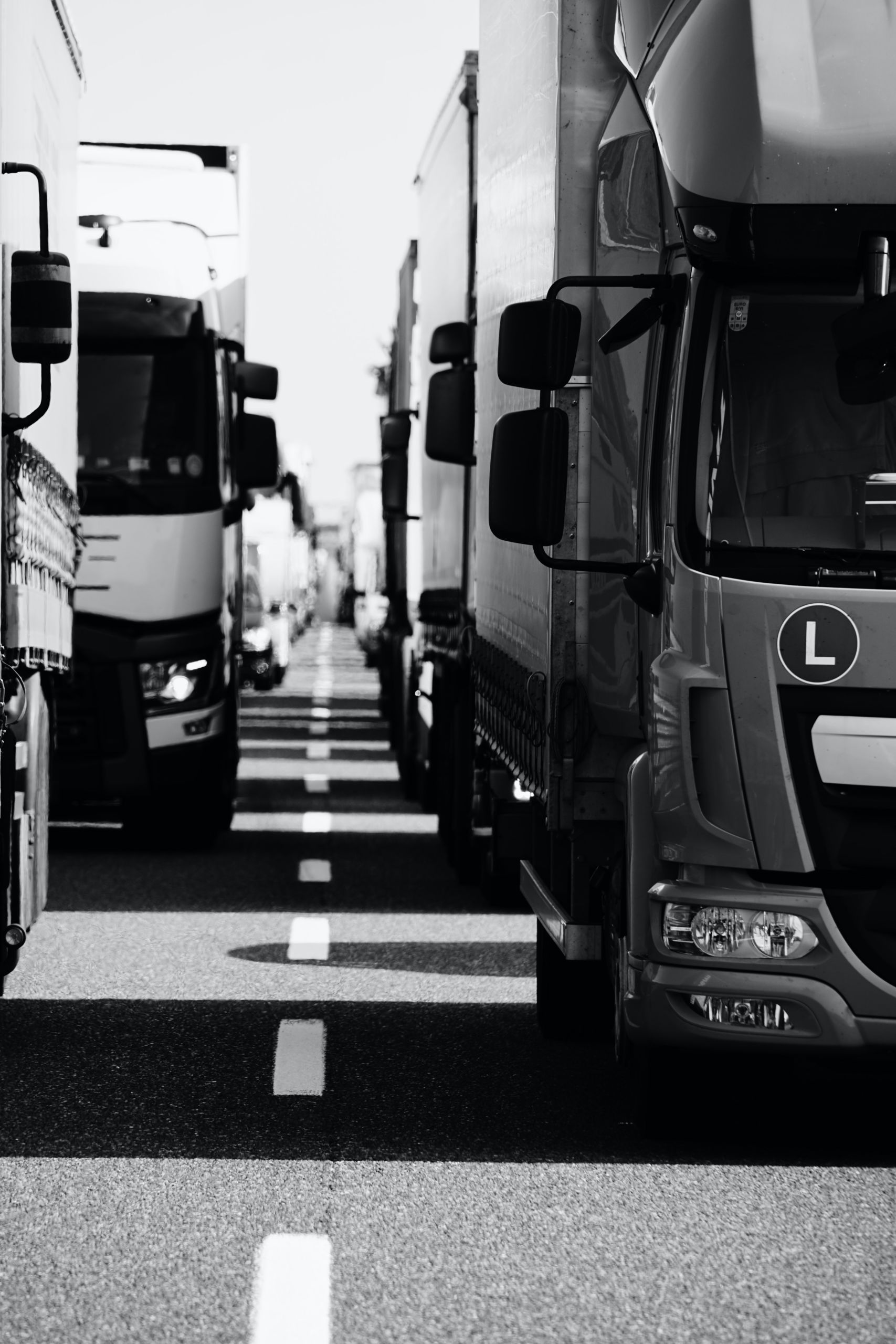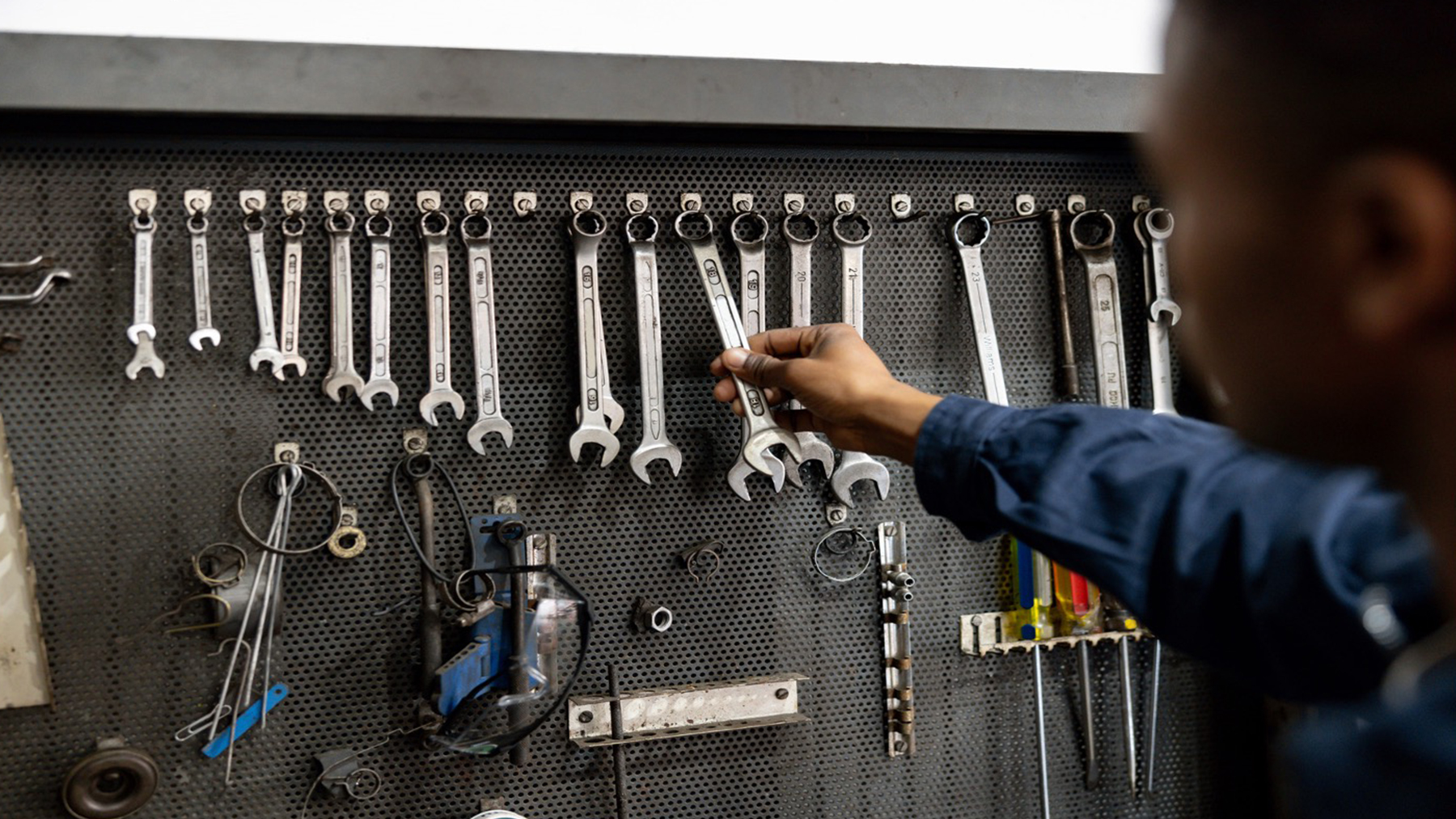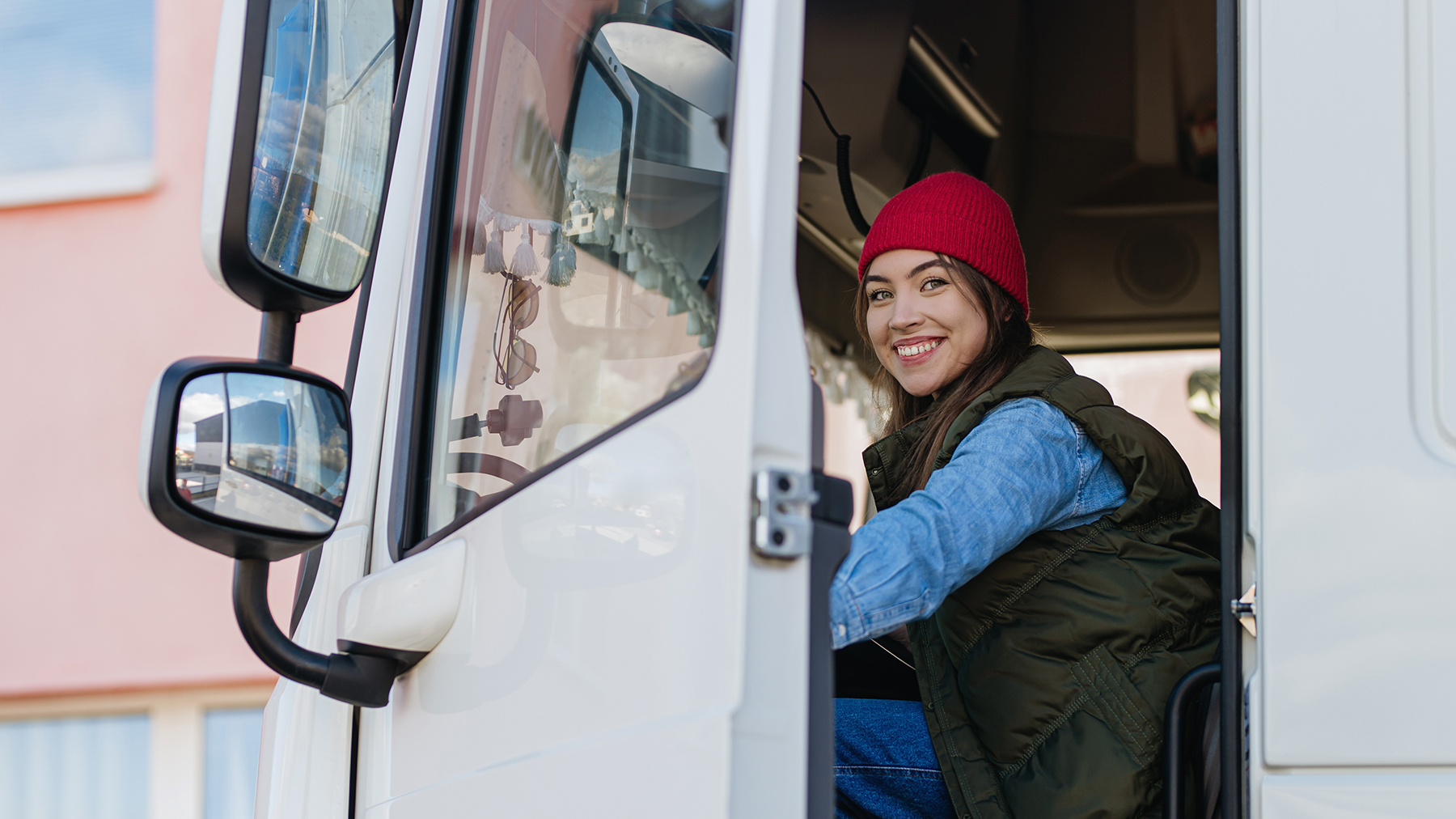Automated truck driving in the trucking industry has been a hot topic over the last few years. Some say the technology will help truckers do their jobs in a safer, more efficient manner. Others worry it will rule out truck drivers entirely, making their jobs obsolete. So, here’s some helpful insight we gathered about automation and trucking.
Will automated truck driving take our jobs?
It’s a question lots of truck drivers have been asking over the last few years, and rightfully so. Approximately 3.5 million people currently make their living as truck drivers. With that being said, we’ve been facing a serious trucker shortage over the last few years. According to the American Trucking Association, the trucking industry will need to hire roughly 1.1 million new drivers in the next decade (approximately 110,000 drivers per year) to keep up with current industry demand.
What does this mean for truckers and how does it tie back to automated truck driving?
According to a 2019 Harvard Business Review article, it’s predicted that automation won’t necessarily take jobs away from truckers, but it could help lighten the load when it comes to the high industry demand and dire trucker shortage we’ve been facing. It could also streamline tedious tasks that typically fall on truckers and create a safer experience for all drivers on the road. Here’s how:
• Automated container drop-off organization and movement- Sometimes it falls on the truck driver’s shoulders to determine availability and organization of containers when they arrive to their drop-off location. However, automation programs can store/track appointments from drivers, identity availability and prioritize the movement of containers in real time. Providing less of a headache for the driver and more time on the road.
• Automated dispatching and route coordination- Dispatchers typically face the challenge of finding the most efficient route for a container, and a driver, to reach multiple destinations on schedule. According to a 2021 Forbes article, “the mental logistics of dispatching and coordinating locations and loads is incredibly taxing. An experienced dispatcher might, for example, dispatch 100 loads per day. An automated program could execute the same function at potentially 100 times that rate with greater accuracy.”
• Automated truck driving- Automating heavy-duty trucks will occur in small waves over the next several years. Once autonomous trucks do take to the roads, they will still require tech-savvy drivers monitoring the controls. Drivers will still need to take the wheel if they run into an area under heavy construction, if severe weather occurs or if they truck has any mechanical problems. In addition, automation is an ongoing process, the technology will continually have to learn how to handle different situations and events on the road, the drivers will act as monitors, or “supervisors,” to the machines, ensuring no mistakes or accidents occur.
All in all, automation technology will likely help streamline the trucking industry, making jobs safer and less taxing on the truck drivers themselves. If you’re considering a trucking career, be sure to view our current openings and talk to one of our seasoned trucking recruiters to find out if trucking is right for you.





